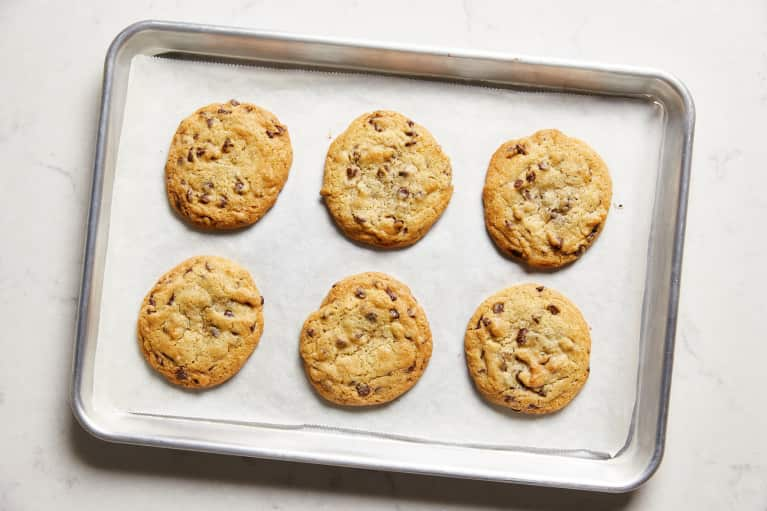5 Things You Need To Know Today (June 18, 2018) ( COURTECY.-
June 18, 2018 — 9:00 AM
1. There's a reason you can't stop eating those chocolate chip cookies.
According to new research, foods that combine fat and carbohydrates—think cookies or pizza—make the brain go a little crazy. That's why we keep shoveling these foods down long after we're full. The harder it is to moderate our consumption of certain foods (especially processed, unhealthy ones), the more likely it is to lead to obesity down the road. Yikes! (NBC News)
2. Scientists might have just discovered the key to stopping Alzheimer's.
Ever heard of exosomes? They're tiny membrane-covered droplets that carry out waste from our body's cells (like trash bags)—and they're the next big clue in Alzheimer's research. A new study confirmed that exosomes can also carry proteins, specifically amyloid beta—the protein that builds up in the brain, causing Alzheimer's disease. Scientists learned that exosomes were transporting amyloid beta from one cell to another, spreading the disease. They were even able to reduce the spread with a treatment that prevented exosomes from being formed, which is hopeful news—though more research is still needed before we can treat patients the same way. (Newsweek)
3. You can feel good about eating farm-raised seafood.
A new study looked at the environmental costs of different kinds of proteins based on their cradle-to-grave (or plate) journeys. The team judged each protein on its energy use, greenhouse gas emissions, potential to contribute nutrients like fertilizer to the environment, and the potential to emit substances that contribute to acid rain. The winners? Farmed seafood—including shellfish, mollusks, and salmon, plus capture fisheries including sardines, mackerel, and herring. In fact, the researchers noted that a diet of farmed and wild-caught seafood has an even lower environmental impact than that of vegetarian and vegan diets. (Mother Nature Network)
4. Disease is spreading more rapidly than ever, so how will we intervene?
With recent news of the latest Ebola breakout in the Democratic Republic of the Congo, nation officials are faced with the question: How will we prevent pandemics instead of waiting for the next to hit? More specifically, how will governments learn to take action to stop disease in its tracks? Reports say that if the number of disease outbreaks continues to increase, there might be a resurgence of preventable diseases that were otherwise on the decline. A major setback for citizens and the scientific community, to say the least. (STAT)
5. The Mediterranean diet may not be all it's cracked up to be. But what does that mean?
This week, research was released stating that, regardless of previous research, the Mediterranean diet may not actually be the best diet for heart disease prevention, as the study contained a few flaws. But does that mean the Mediterranean diet should be disregarded completely? Probably not. There are still smaller bodies of research that say that the Mediterranean diet is a good option, so if you enjoy it and haven't had any negative reactions to it, there's no reason to give it up entirely. (Live Science)


মন্তব্যসমূহ
একটি মন্তব্য পোস্ট করুন